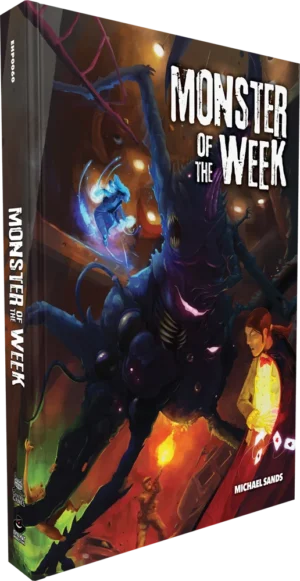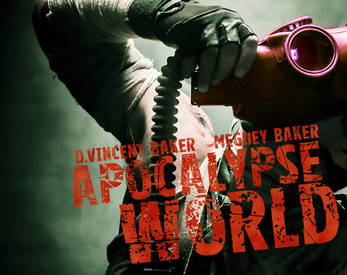The Walking Dead Universe Post-Apocalyptic; Horror; Survival; Narrative-Driven; Bleak; Character Customization; Team-Based
This report analyzes 'The Walking Dead Universe Roleplaying Game' (TWDU RPG), focusing on its theme, mechanics, unique aspects, and target audience. The game, based on AMC's 'The Walking Dead' franchise, utilizes the Year Zero Engine to immerse players in a bleak, post-apocalyptic world where survival hinges on difficult choices and team cooperation. While the core mechanics are praised for their simplicity and narrative focus, some critics point out shortcomings in depth, safety tools, and handling sensitive subject matter. The game caters to fans of the franchise and tabletop RPG enthusiasts seeking a character-driven, horror-themed experience.
Theme and Setting
The TWDU RPG plunges players into the familiar post-apocalyptic landscape of The Walking Dead universe, focusing on the struggle for survival against both the undead and the living. The setting emphasizes the collapse of societal structures, scarcity of resources, and the moral compromises characters must make. Players can explore familiar locations or carve out their own stories within the established timeline. The game prioritizes the narrative of survival, resource management, and the desperate choices faced daily. Unlike typical zombie games centered on combat, TWDU RPG highlights the atmospheric and narrative aspects, actively discouraging a simple 'hack-and-slash' approach. The setting is primarily based in the Georgia region where the original television series started. The game presents a status quo where governments have collapsed and small havens of civilization struggle to survive.
Core Mechanics and Rules
The game employs a modified version of the Year Zero Engine, a system known for its streamlined mechanics and emphasis on storytelling. Players roll a pool of dice (d6s) determined by their character's Attributes and Skills, aiming for successes (rolling a 6). The number of successes required depends on the task's difficulty. A key mechanic is the Stress system. Players can push rolls by adding a stress die, increasing the chance of success but also risking negative consequences if a 1 is rolled. Combat is resolved through contests, determining who acts and what effects occur. Walkers are often encountered in swarms, requiring coordinated team efforts to manage the threat. Individual walkers don't have hit points. Failure to dispatch a walker results in rolling on a chart to determine the consequences, ranging from stress and injury to immediate death. Base building is also core to the gameplay. Players establish and manage Havens, safe locations with capacity, defense ratings, and ongoing Issues that drive the narrative. Different projects can be undertaken to improve the haven, requiring NPC residents assigned to tasks. Penalties from injuries, hunger, or thirst affect die rolls, emphasizing the constant struggle for survival. Archetypes, such as the Criminal, Doctor, or Farmer, offer starting gear, talents and background suggestions.
What Makes It Unique
TWDU RPG distinguishes itself through its focus on narrative-driven gameplay and the moral dilemmas inherent in a post-apocalyptic setting. The game utilizes a streamlined ruleset with the Year Zero Engine, promoting accessibility and allowing players to concentrate on character development and story progression. The Haven system offers a unique base-building experience, pushing players to consider resource allocation and community management. The game offers multiple Modes of Play: Campaign, Survival and Solo. Campaign mode offers free play and season play, while Survival mode puts players through pre-generated scenarios with pre-generated characters. Solo mode allows players to brave the world alone with only a handful of NPCs. Unlike many zombie games, TWDU RPG minimizes combat and encourages players to confront the emotional and psychological challenges of survival. The absence of hit points for walkers and the swarm mechanic are design choices to add tension and make dealing with walkers feel like dealing with a natural disaster.
Target Audience and Player Experience
The game is targeted towards fans of The Walking Dead franchise and tabletop RPG enthusiasts seeking a horror-themed, character-driven experience. The TWDU RPG's focus on narrative and character interaction appeals to players who enjoy roleplaying and collaborative storytelling. The Year Zero Engine provides a relatively accessible ruleset for newcomers to tabletop RPGs, although the game's rulebooks might be perceived as not particularly beginner-friendly. However, the dark and bleak setting, coupled with the potential for player-versus-player conflict and morally challenging decisions, may not be suitable for all players. Some reviewers have criticized the game's handling of sensitive topics, citing a lack of safety tools and guidance for addressing issues such as resource allocation and the value of human life. Players should be prepared for a potentially stressful and emotionally demanding experience, where survival is paramount and difficult choices are commonplace.



